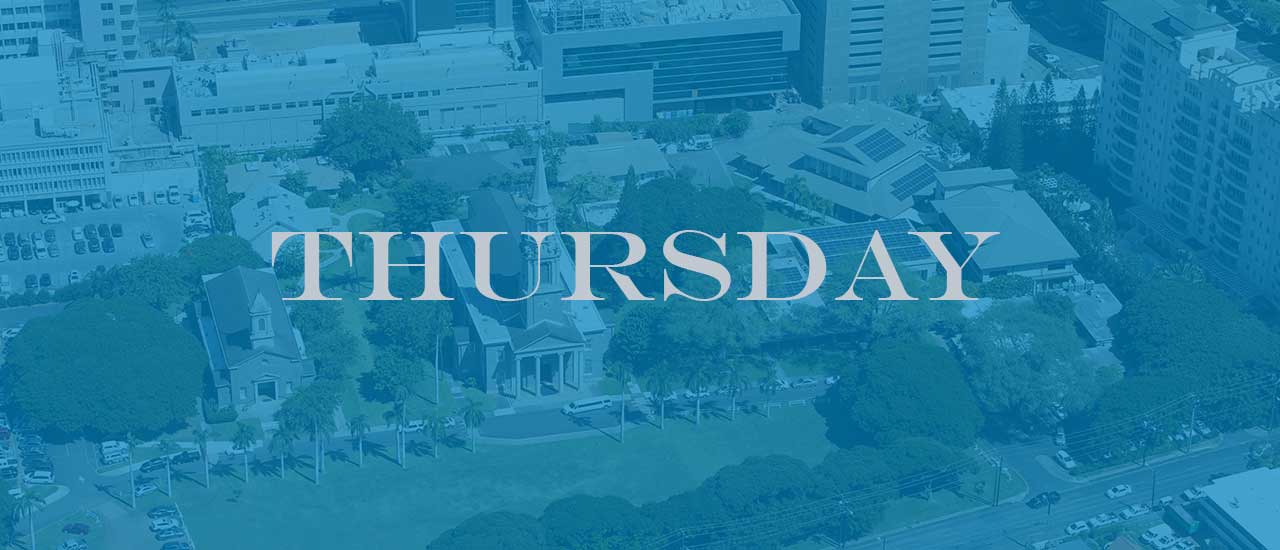Let’s dive into this story today. Generation after generation would retell this story as a basis of understanding choice, jealousy and the consequences therein. Most likely, it was also shared in a time of changing economic cultures where the battle for fertile lands arose between the herders/shepherds and the new agricultural reality of farming. Therefore, the names of these brothers also speak to the reality of two worldviews. Remember, names are vital to interpretation of stories in Scripture.
To dive deeper into these names, I share some writings from Rabbi David Zaslow.
Cain’s name in Hebrew is קַיִן Kayan (Strongs # 7014) comes from קָנָה (Strongs # 7069) kanah, meaning “possessing” or “acquiring.” Eve explicitly bases Cain’s name upon the notion of acquiring: “Now Adam knew Eve his wife, and she conceived and bore Cain, and said, “I have acquired (קָנִיתִי kaniti) a man from the Holy One.” In order to farm or ranch Cain needs to “acquire” tools, animals, and the land itself – a new concept in history.
Although Cain’s name has the primary meaning of “acquire,” the word that his name comes from (קָנָה kanah) also means “to erect, to found,” and “to create…So, besides being the “acquiring” brother, Cain might also be thought of as the brother who “creates.” (Genesis 4:17) Abel is satisfied to experience the world as it is, whereas Cain wants to build, create, and change the world around him.
Abel is הֶבֶל Hevel (Strongs # 1893) in Hebrew, and his name is derived from a root meaning “breath.” It has the associative meaning of “gentle breeze.”
Abel’s world follows the natural rhythms of grazing sheep, rather than the more predictable cycles of planting and harvest. He lives in the old realm of kairos – a Greek word for non-linear thinking, holy time, with its concomitant spontaneous approach to life. Cain represents the invention of chronos – the ancient Greek way of describing the sequential, orderly, and precise measurement of time (another historical first).
This struggle between structured time and sacred time has continued. Would it be allegorical to read the story into our story of our addiction to measuring time rather than experiencing time? Certainly, we have chosen Chronos time as the higher good for society, yet this depletes the soul for the unstructured, sacred space of Kairos.






